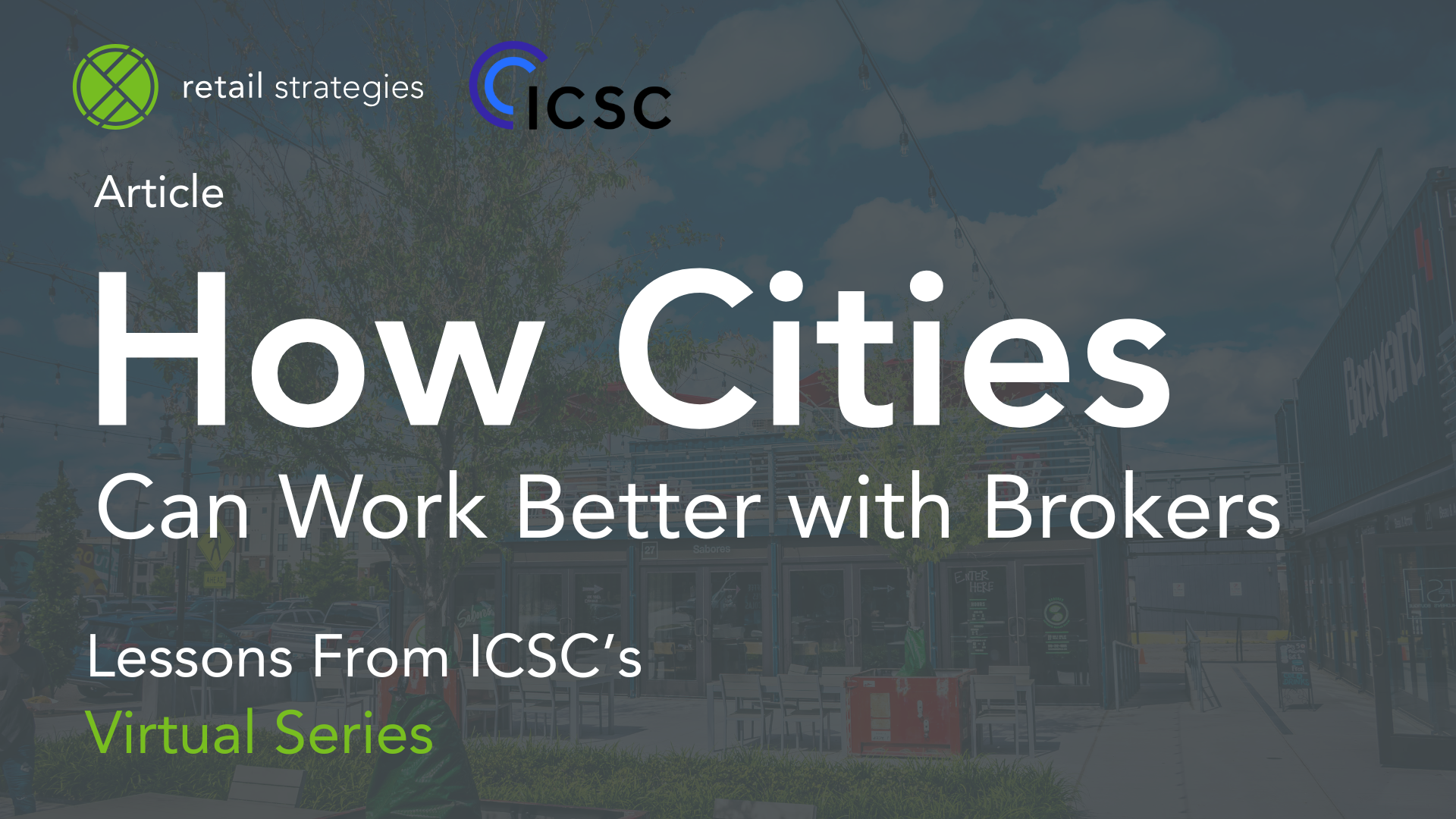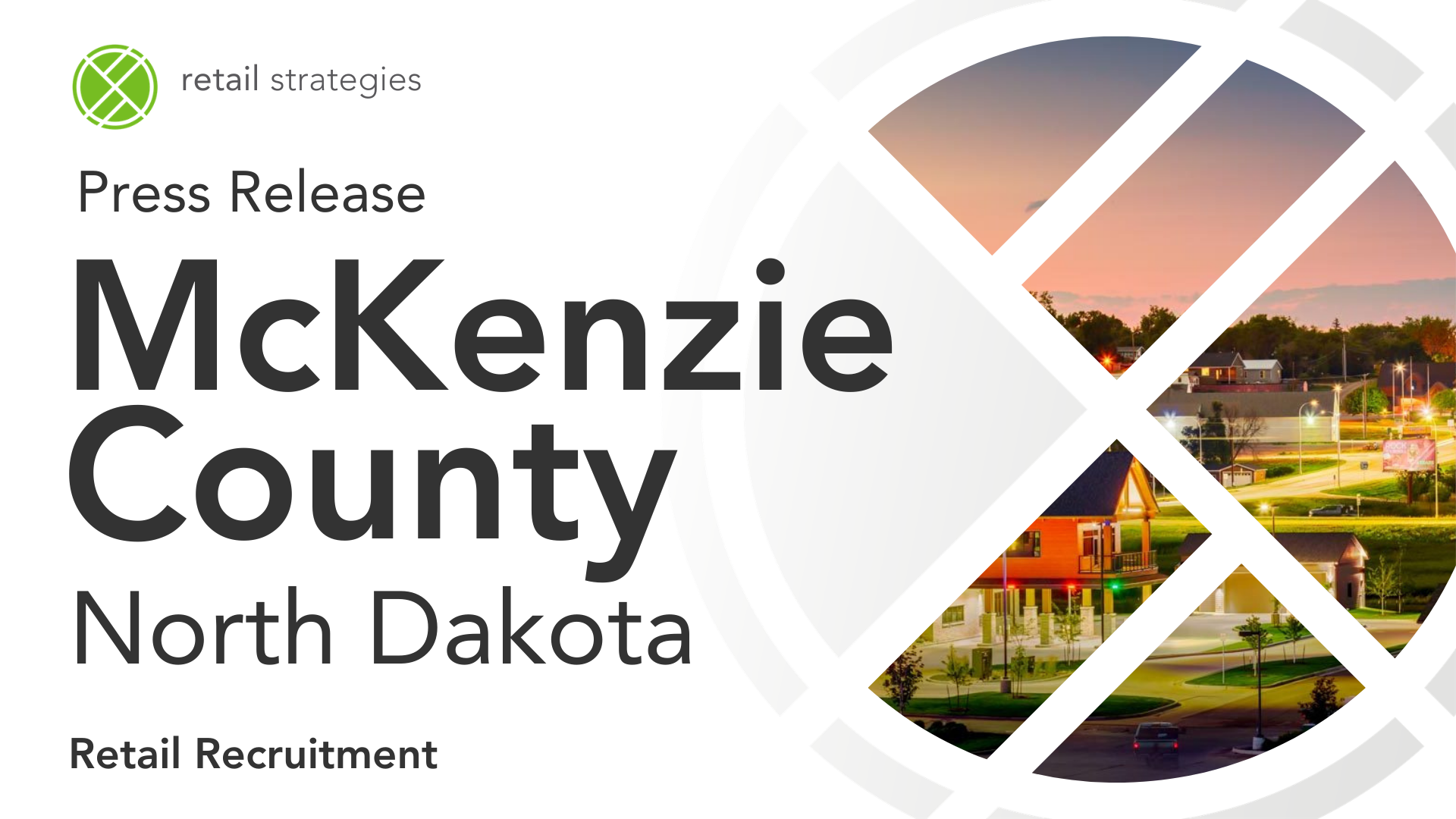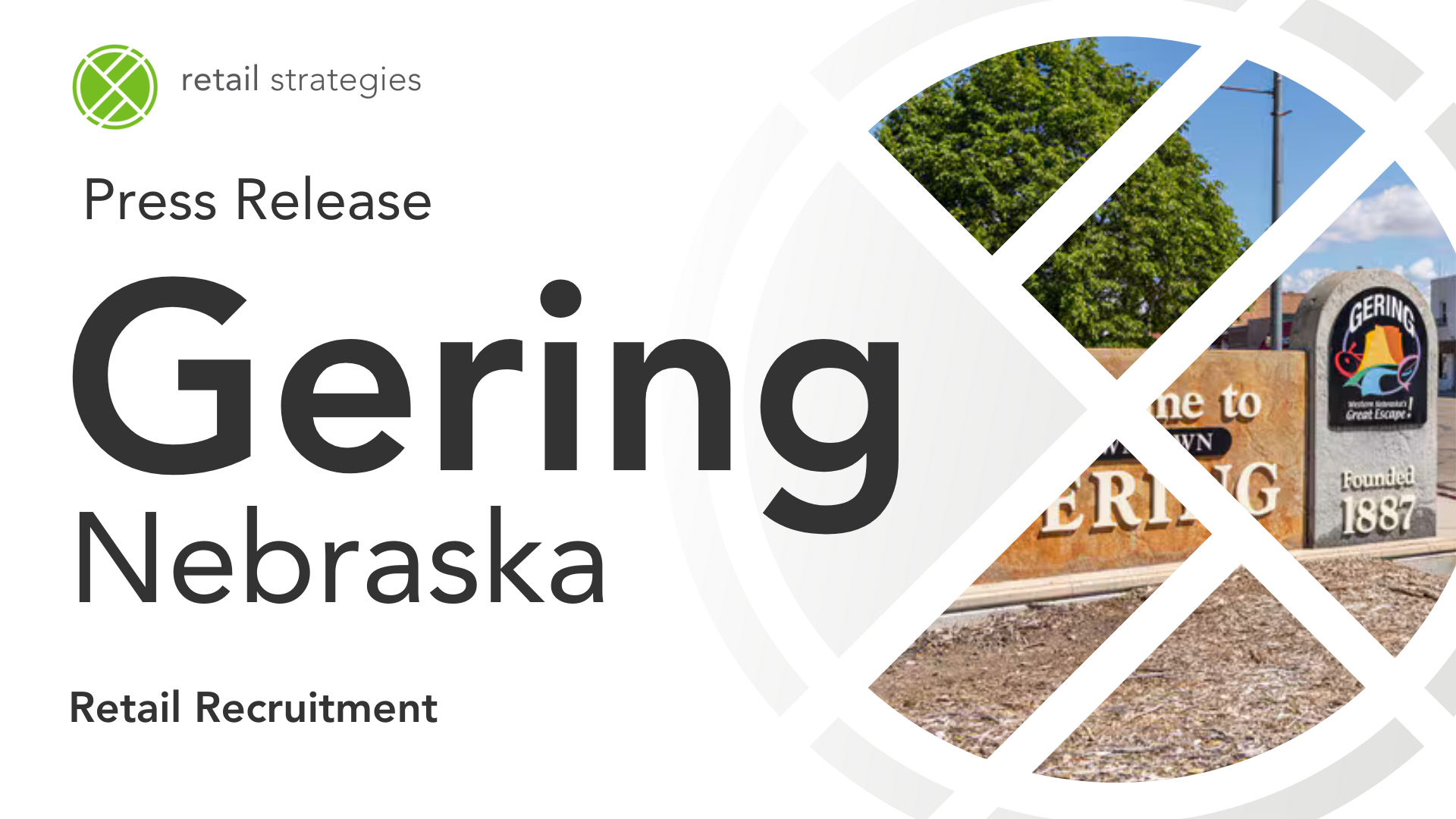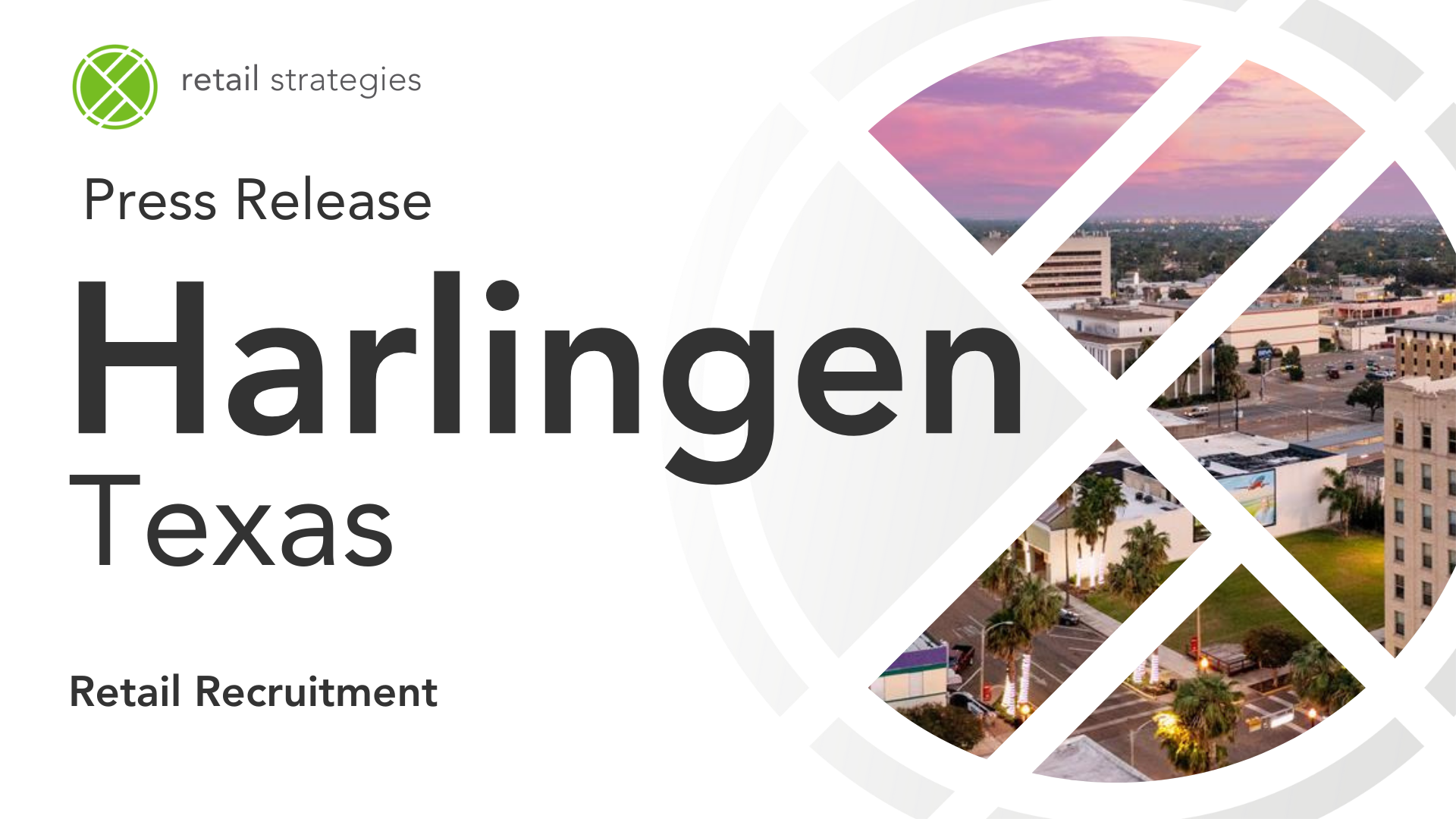
Retail Strategies Article
A Guide for Municipalities
Bringing Groceries to Your Community
by Elliott Cook
In today’s retail landscape, grocery stores are evolving to meet the needs of modern consumers. No longer are shoppers satisfied with impersonal, oversized supermarkets. They now seek convenience, variety, and a commitment to fresh, local options. National and regional chains are adapting by focusing on:
Smaller Formats
Neighborhood-sized markets with a carefully curated selection cater to the demand for quicker shopping trips and a more personalized experience.
Experience Over Everything
Grocery shopping has become more than just a mundane task; it’s an experience. From in-store dining options to cooking demonstrations and convenient pickup lockers for online orders, retailers are prioritizing customer engagement.
While traditional mid-range grocery stores are experiencing some stagnation, two distinct ends of the spectrum are thriving.
Discount Grocers
Value-conscious shoppers are flocking to discount grocers. These stores offer lower prices on national brands and private label items, making them ideal for budget-minded consumers.
Upscale & Organic Grocers
On the other end, health-focused shoppers are driving growth in high-end, organic grocers. These stores offer a curated selection of fresh, organic produce, specialty items, and prepared foods, catering to those willing to pay a premium for quality and convenience.
Bringing Groceries to Your Community
01
Market Analysis
Understand your community’s demographics and preferences. Identifying and recruiting the type of grocer that best aligns with your residents’ needs will help show the grocer its opportunity to be profitable.

02
Identify the Best Real Estate
Ensure your chosen site is strategically located in a high-traffic area with easy access and ample parking. A convenient location is crucial for attracting both customers and retailers.

03
Be Developer-Ready
Streamline the process for prospective grocers by having shovel-ready sites with clear zoning and permitting processes in place. Eliminating bureaucratic hurdles demonstrates your commitment to facilitating business growth.

04
The Power of Partnership
Collaborate with local authorities and stakeholders to offer incentives such as tax breaks, infrastructure improvements, or expedited permitting. Creating a supportive environment for retailers can significantly enhance their willingness to invest in your community.

Why Prioritize Groceries?
Addressing Food Deserts
Attracting a grocery store goes beyond economic development; it’s a commitment to improving the quality of life for your residents. Access to fresh, nutritious food promotes healthier lifestyles, stimulates job creation, generates sales tax revenue, and enhances property values. Moreover, grocery stores serve as vital community hubs.
Many communities, particularly those in underserved areas, face the challenge of food deserts—regions without accessible, affordable fresh produce and essential groceries. Municipalities can address this pressing issue and promote food equity by strategically partnering with grocers. Increased access to nutritious food options not only improves public health outcomes but also contributes to overall community well-being.
Bringing Groceries to Rural Areas
Rural communities have witnessed an influx of grocery stores in the years following the pandemic. Grocers are increasingly recognizing the potential of smaller, localized stores in these areas. Emphasize your community’s unique attributes, retail leakage to other stores in the region, locally sourced produce, and the opportunity for collaboration with incentive partners. By showcasing your financial opportunity and potential customer base, you can attract a grocer that becomes an integral part of your rural identity.
Learn more on how to attract a grocery store to an underserved area
Watch a webinar on this topic hosted by Elliott Cook or reach him at elliott@retailstrategies.com.
By continuing to monitor current retail trends, networking with the appropriate retailers and developers, and implementing a proactive, grocer-friendly approach, municipalities can foster vibrant, sustainable communities.
The Retail Academy division of Retail Strategies trains community leaders and provides the necessary data and marketing materials on how to bring a new grocery operator to the market.
More Articles by Retail Strategies
We maintain an active role as industry experts and thought leaders in the space of retail, real estate, demographics, and community development.
-
How Cities Can Work Better With Brokers: Lessons From ICSC’s Virtual Series
Economic developers and brokers share the same goal: stronger tax revenue, more business activity, and a healthy local economy. But the day-to-day experience of each group looks very different. That difference can slow recruitment — or, with the proper habits, make it faster. During ICSC’s Virtual Series, Retail Strategies’ President Lacy Beasley moderated a panel…
-
How Industrial Growth Fuels Retail Recruitment and Economic Development
Connecting Two Lanes of Economic Development In economic development, industrial recruitment and retail recruitment have traditionally traveled on parallel tracks. One process focused on jobs and logistics, the other on consumer spending and placemaking. However, today’s growth-minded communities are discovering that the two are inextricably linked. Industrial projects create paychecks; retail businesses capture that spending…
-
Building a Vibrant Future: Bedford, VA Launches Downtown Revitalization Plan
The Town of Bedford, Virginia is charting an exciting new course for its historic downtown. Backed by a $50,000 USDA grant, Bedford has partnered with Downtown Strategies, a division of Retail Strategies, to launch a five-year revitalization plan designed to strengthen the community’s core, support local businesses, and attract new visitors. Why Downtown Matters Downtowns…














